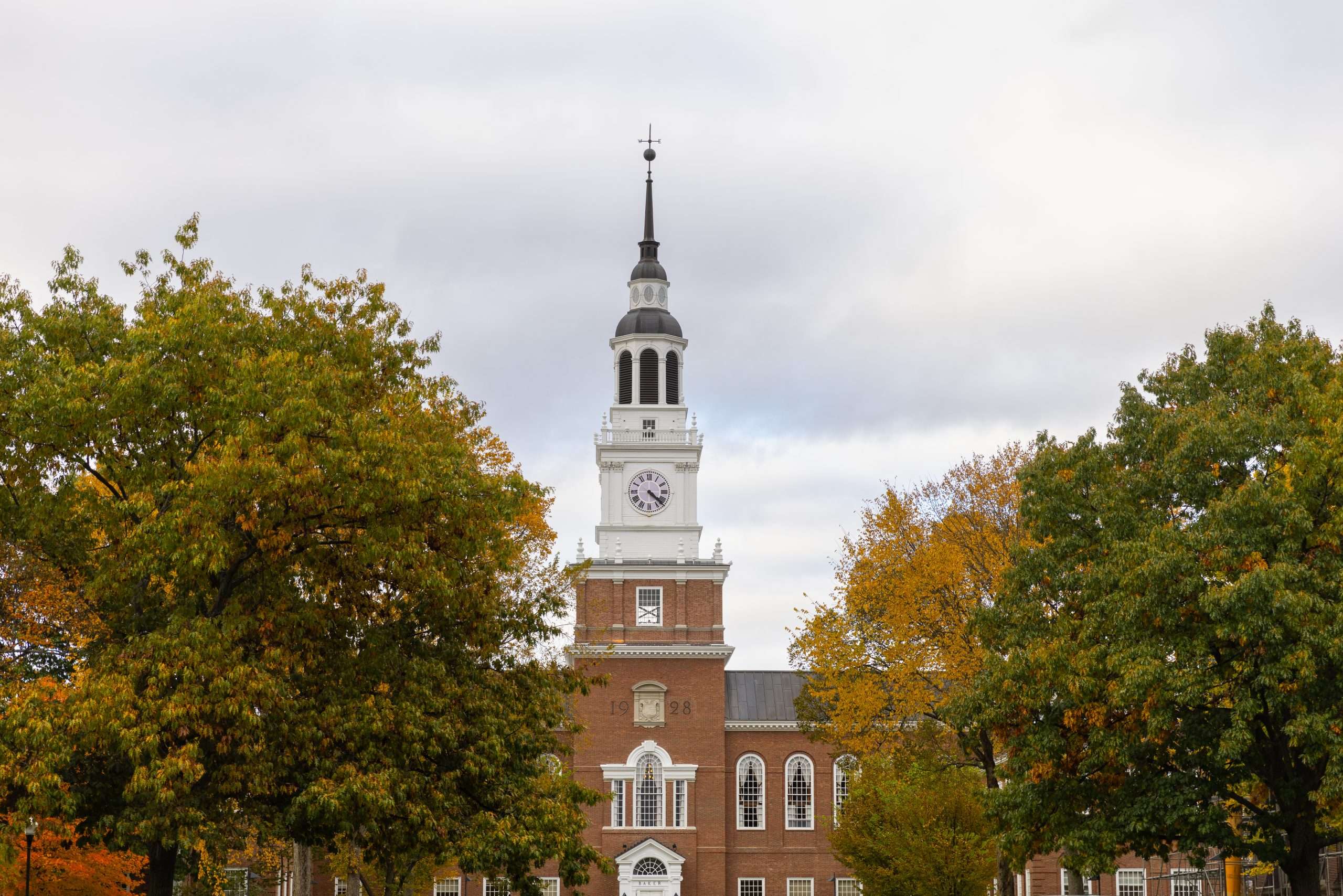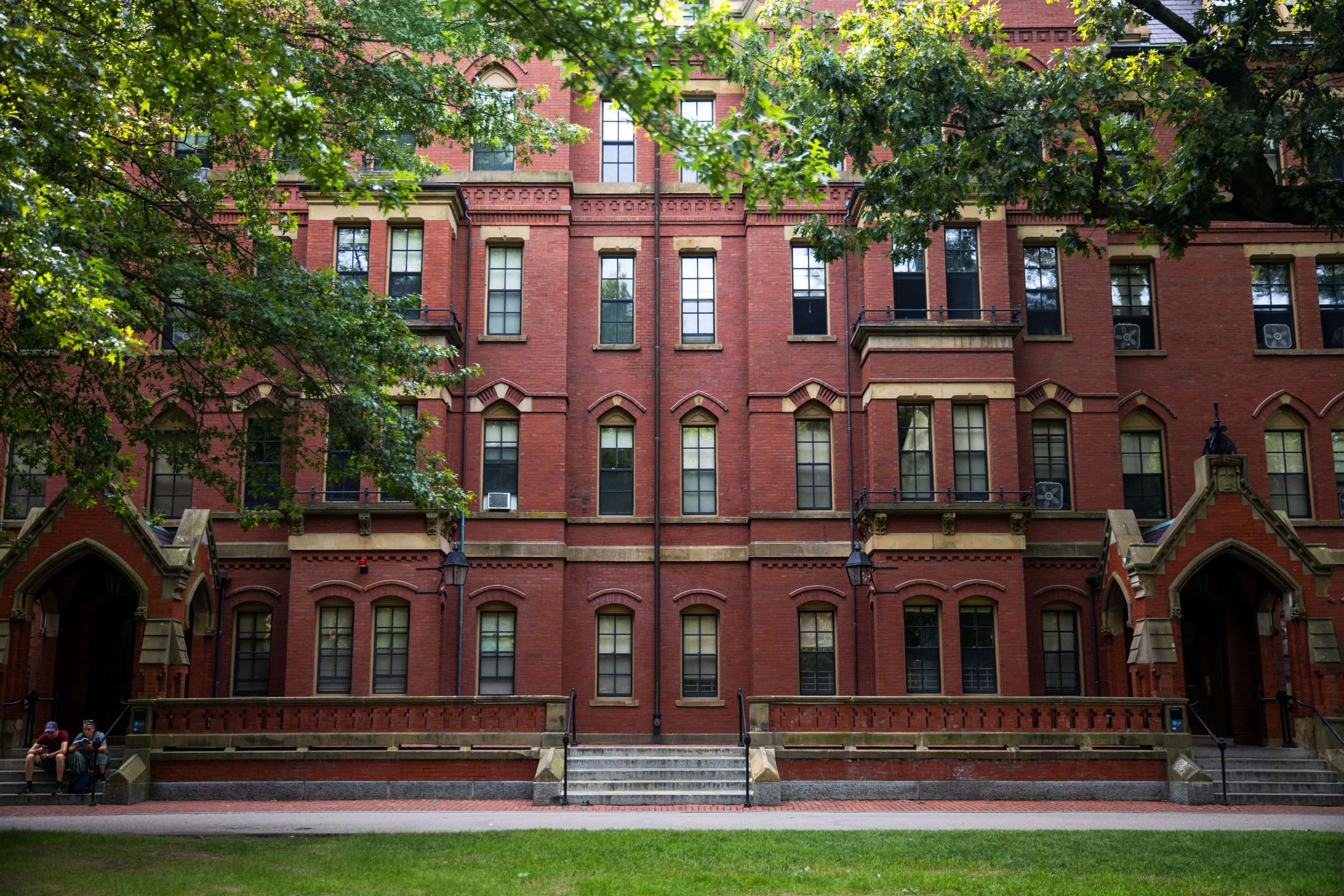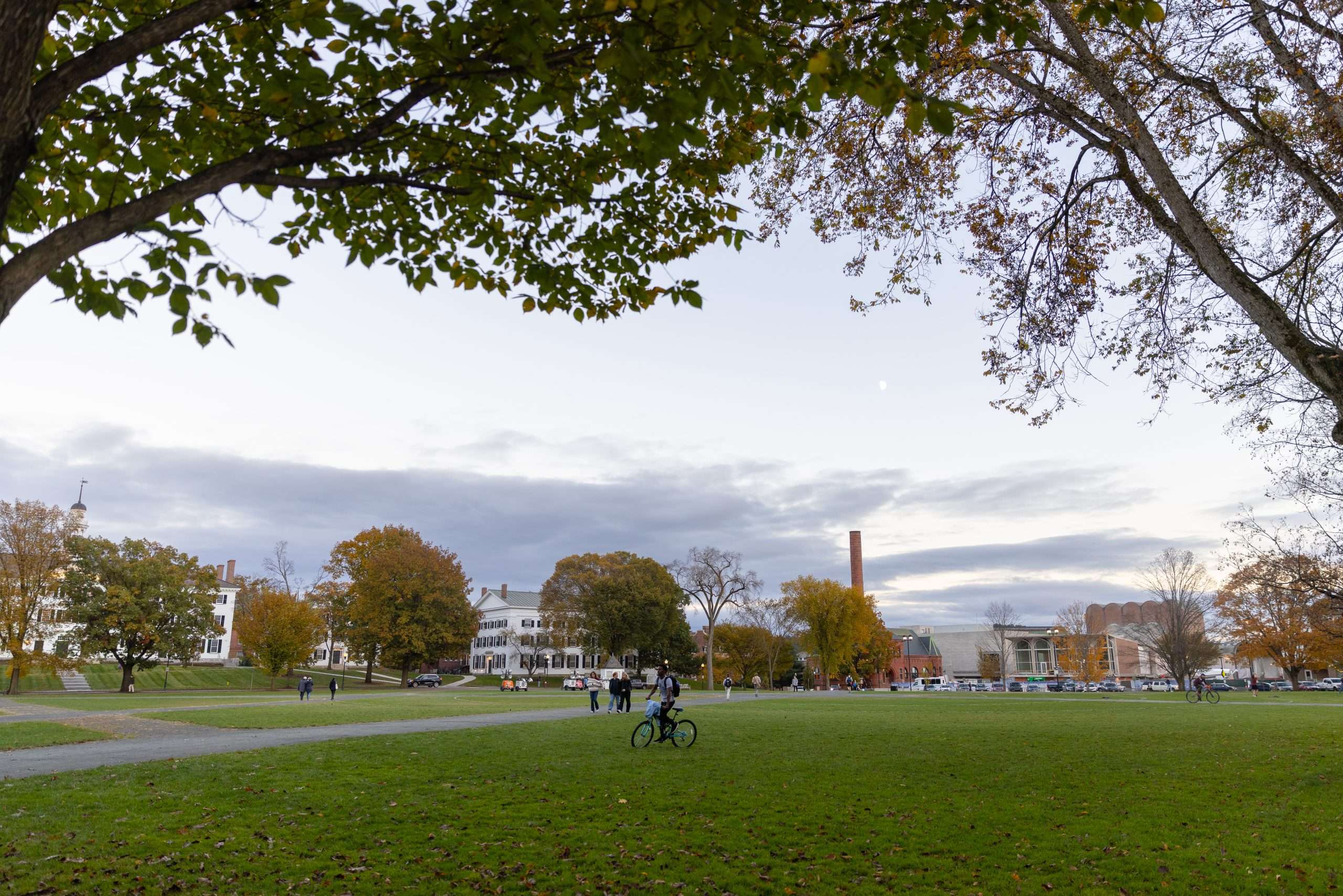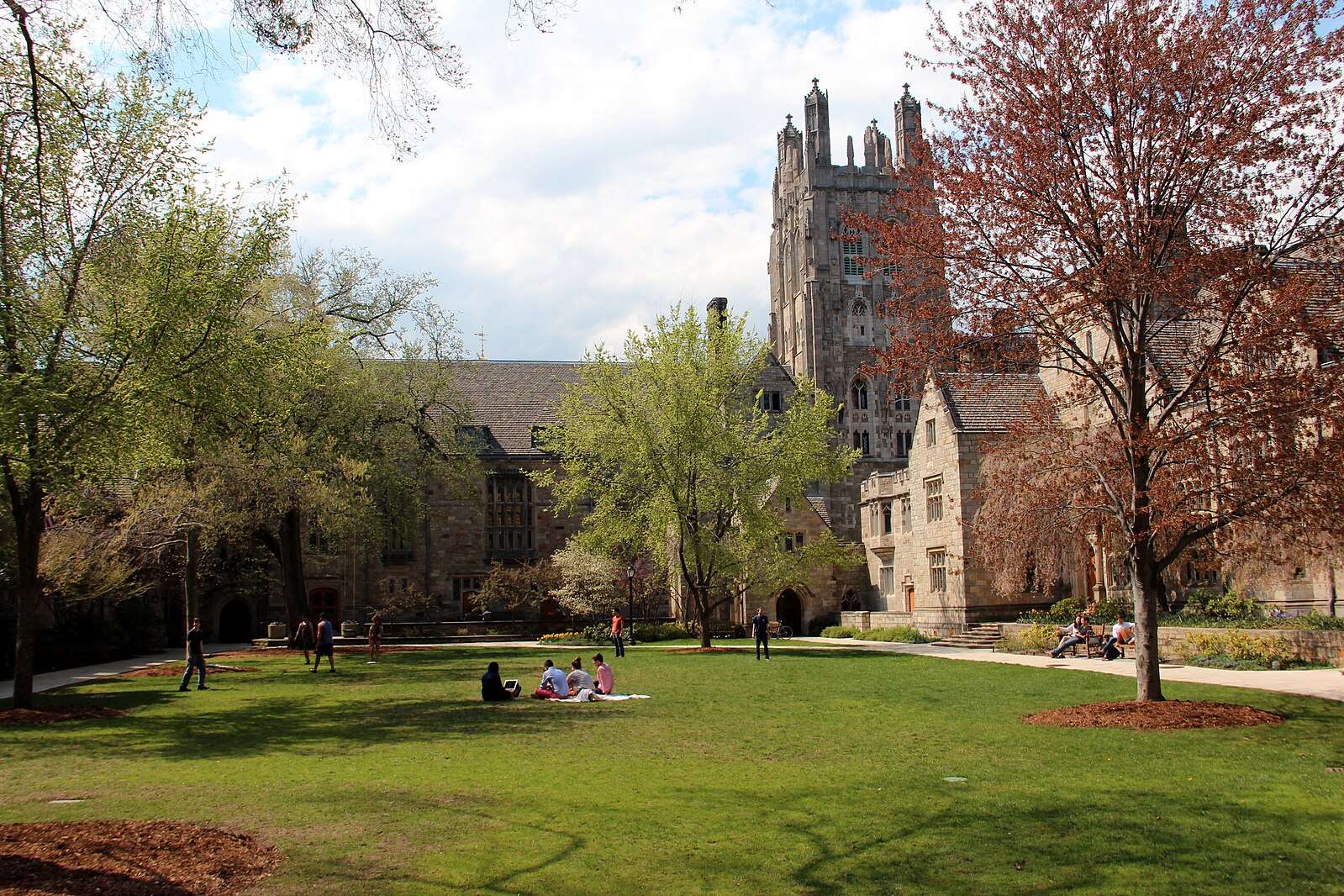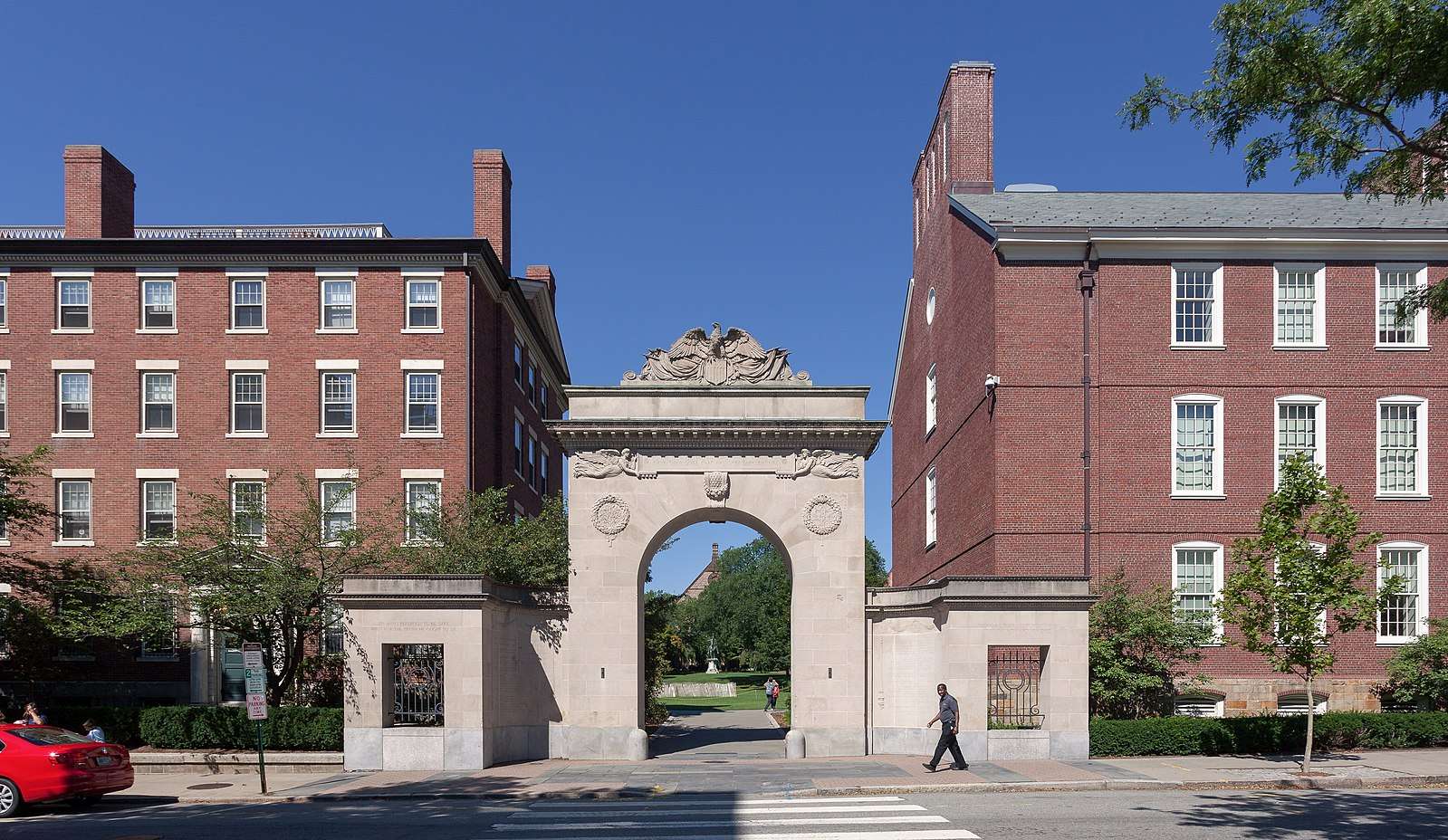The Ivy Coach Daily
Ivy League Class of 2029 Early Admission Statistics
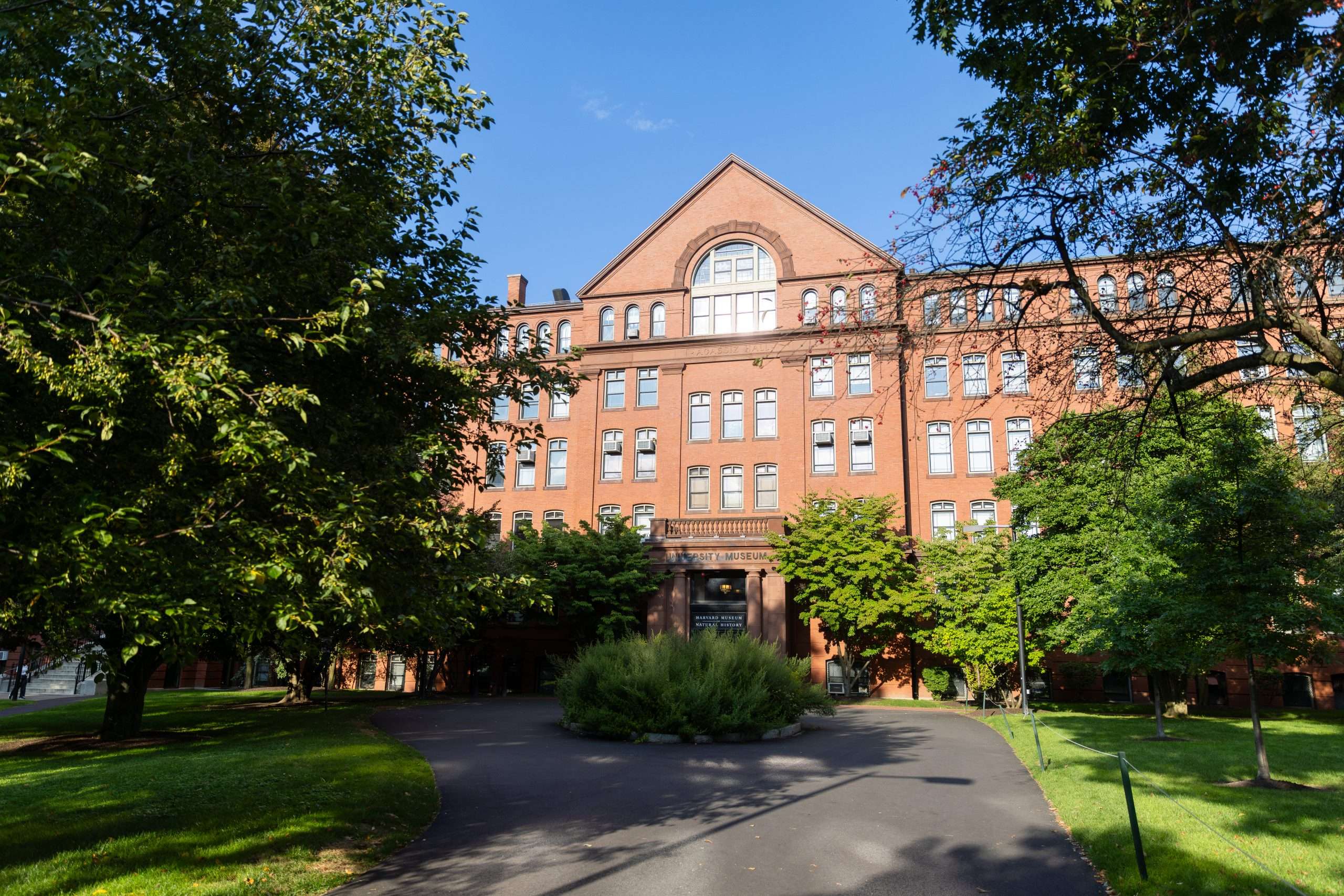
Some Early Action/Decision cycles show applications rising or falling like the tides: everyone soars or suffers. And other times, well, things are a little bit more ambiguous. The Class of 2029 Early Action/Decision admission statistics across the Ivy League appear closer to this second turn of events. Some schools came out victorious, some experienced low turnout, and others — three of them, to be exact — withheld admissions data entirely!
That’s right. Only Brown University, Columbia University, Dartmouth College, the University of Pennsylvania, and Yale University released data on the Early round admits this cycle. In an unprecedented move that may be a harbinger of years to come, Harvard University joined Cornell University and Princeton University in withholding any and all data. Even though we at Ivy Coach don’t yet have the complete picture of Ivy League Early acceptance data, our famously accurate Ivy Coach crystal ball is hard at work to predict and interpret this paucity of data. And believe us when we say there is still plenty for us to sink our teeth into!
Mitigating Factors Behind the Class of 2029 Ivy League Admissions Statistics
This year of Early acceptance data across the Ivy League is a mixed bag, to be sure. But why? As those following the fiasco that was the 2023-2024 academic year would be able to tell you, this past year was anything but business as usual for America’s premier educational consortium. Let’s unpack these mitigating factors:
- Following a year of despicable acts of antisemitism on Ivy League campuses, is it any surprise that many of these schools would experience dips in application numbers? Brown University and Columbia University, in particular, number among the worst offenders of poor leadership in the face of hateful outbursts on campus. That many students may have turned their backs on these schools this year is a stark reminder that safe and culturally diverse campuses require careful stewardship and protection. Case in point: Dartmouth College. President Sian Beilock’s graceful leadership in the face of an onslaught of hate paid off, as Dartmouth is one of the only schools in the Ivy League that experienced an upswing in applicants. Once the remaining data arrives, we predict that each school’s relative success will reflect how successfully or poorly it navigated the nightmare PR situation that was this past year.
- With the pandemic far in our rearview, the fate of test-optional policies remains in flux in the Ivy League. While all eight schools went test-optional during the pandemic, many have since turned their back on this policy. Testing is now required at Brown, Harvard, and Dartmouth. Testing remains optional at Cornell, Columbia, Penn, and Princeton, while Yale has blazed its own trail with its “test-flexible” policy that requires some, but not all, standardized test scores to be submitted. We at Ivy Coach commend the schools that have chosen to not mislead students into thinking applying sans test scores won’t adversely impact their chances of acceptance. But we also recognize that maintaining test-optional policies could be a strategic move to inflate applicant pools with applicants we termed “Squeakers” — students who thought they could squeak in without scores. Squeakers drive up applicant pools and drive down acceptance rates. That some schools — we’re looking at you, Columbia! — experienced a dip in application numbers despite their test-optional policy speaks to the importance of our first point: bad PR will always come back to bite you!
- The overturning of Affirmative Action in June 2023 sent shockwaves through higher education that are still being felt. Don’t get us wrong: all eight Ivies found a workaround to the Supreme Court’s decision — capitalizing on Chief Justice John Roberts’ decision, which stated, “Nothing in this opinion should be construed as prohibiting universities from considering an applicant’s discussion of how race affected his or her life, be it through discrimination, inspiration, or otherwise.” But this new trend of keeping acceptance data close to the vest has nothing to do with managing student “anxiety,” as some have spuriously stated, and everything to do with trying to prevent applicants from being scared away by increasingly dwindling acceptance rates, and avoiding any and all media scrutiny of cohorts that may appear less diverse at face value.
Ivy League Class of 2029 Early Action/Decision Acceptance Rates
| Ivy League School | Class of 2029 Early Action/Decision Applications | Class of 2029 Early Action/Decision Acceptances | Class of 2029 Early Action/Decision Acceptance Rate |
| Brown University | 5,048 | 906 | 17.95% |
| Columbia University | 5,872 | Not Yet Released | Not Yet Released |
| Cornell University | Not Yet Released | Not Yet Released | Not Yet Released |
| Dartmouth College | 3,550 | Not Yet Released | Not Yet Released |
| Harvard University | Not Yet Released | Not Yet Released | Not Yet Released |
| Princeton University | Not Yet Released | Not Yet Released | Not Yet Released |
| University of Pennsylvania | Over 9,500 | Not Yet Released | Not Yet Released |
| Yale University | 6,729 | 728 | 10.82% |
Brown University
Brown University received 5,048 Early Decision applications to its Class of 2029 and offered admission to 906 students, marking an ED acceptance rate of 17.95%, the highest in six years. Of those students who did not earn ED admission to Brown’s Class of 2029, 61.8% were denied admission outright, and 17.8% were deferred for consideration in the Regular Decision round, which breaks from the recent trend at the Rhode Island school of decreasing deferral rates and increasing denial rates.
This positively embarrassing showing on Brown’s part should be received like a canary in the coal mine for the rest of the Ivy League: bow to the political pressure of student protestors, and prospective applicants will take notice!
Columbia University
Columbia University received 5,872 binding applications in the Early Decision round to its Class of 2029 — a figure that combines applications to Columbia College and the Fu Foundation School of Engineering and Applied Sciences.
While Columbia, as we expected, has yet to release its Early Decision acceptance rate for this cycle, the 5,872 ED applications mark a decline from last year’s 6,009 ED applications, to no one’s surprise. Columbia may have thought everyone had forgotten when it was caught with its hand in the cookie jar misreporting data to US News & World Report, but this last disastrous year of campus leadership, in which many thousands of students were put in harm’s way, goes to show that two wrongs don’t make a right!
Cornell University
Cornell University, as has been the case in recent years, has yet to release its Early Decision admissions statistics for the Class of 2029. But rest assured, we will publish these figures as soon as they become available.
Dartmouth College
Dartmouth College received 3,550 Early Decision applications to its Class of 2029 — matching precisely last year’s record-setting turnout and eclipsing by 18% the previous benchmark of 3,009 for the Class of 2027.
We don’t yet know how these 3,550 students fared in the admissions process, but we at Ivy Coach have complete confidence that Dartmouth will turn out to be the most successful example in the Ivy League of how to turn a bad situation into a reason to celebrate thanks to President Beilock’s perseverance and leadership this past year. When other Ivy League presidents showed us who they were, President Beilock showed us who she is and, in so doing, made Dartmouth very proud.
Harvard University
Breaking from decades of precedent, Harvard failed to publish any Early Action data on the Class of 2029. Harvard’s longtime Dean of Admissions and Financial Aid, William R. Fitzsimmons, declined The Crimson’s repeated requests to sit down for an interview to discuss the EA admits to the Class of 2029. While we have been left in the dark about the details of this next incoming class, Ivy Coach will be the first to report on this elusive data as soon as it comes out.
Princeton University
Princeton University has yet to release its Early Action admissions statistics for the Class of 2029. We will publish these figures when they become available.
University of Pennsylvania
The University of Pennsylvania received a record-breaking over 9,500 Early Decision applications to its Class of 2029. The figure eclipsed the 8,500 students who applied ED to Penn’s Class of 2028 and the 8,000 students who applied ED to its Class of 2027.
Penn has yet to release its Early Decision acceptance rate for the Class of 2029, though we’ll publish this figure when it becomes available.
Yale University
Yale University received 6,729 Early Action applications to its Class of 2029, a considerable decline from last year’s 7,856 EA applicants to the Class of 2028. 728 of these students were accepted, producing a 10.82% acceptance rate that certainly isn’t Yale’s worst showing in recent memory but is nothing to celebrate. Last year, for the Class of 2028, Yale admitted a record 9.02% of Early Action applicants. For the Class of 2027, Yale admitted 10.89%, and for the Class of 2026, Yale admitted 12.09%.
Of those students who did not earn Early Action admission to Yale’s Class of 2029, 17% were deferred to the Regular Decision pool, while a whopping 71% were denied admission outright.
Ivy Coach’s Forecast for the Ivy League Class of 2029 Regular Decision Cycle
Can’t wait for Regular Decision to come out? Don’t worry — you don’t have to! At Ivy Coach, we have a famously accurate crystal ball that’s even been cited on the pages of America’s oldest college newspaper, The Dartmouth. This crystal ball forecasts that the 2024-2025 Regular Decision round across the Ivy League will mirror the trends we’ve already observed. Columbia and Brown will continue to have abysmal showings, while Dartmouth will continue to set the tone with record-setting acceptance rates. Princeton and Cornell will record acceptance rates similar to the Class of 2028, and Harvard will experience a slight dip.
Will our forecast prove true? Stay tuned for the beginning of April. And remember, all must come to light, even if these schools continue to hold their cards close to the vest. Like an all-seeing eye, the federally-mandated Common Data Set will reveal the data that’s been withheld next fall.
You are permitted to use www.ivycoach.com (including the content of the Blog) for your personal, non-commercial use only. You must not copy, download, print, or otherwise distribute the content on our site without the prior written consent of Ivy Coach, Inc.
TOWARD THE CONQUEST OF ADMISSION
If you’re interested in Ivy Coach’s college counseling, fill out our complimentary consultation form and we’ll be in touch.
Get Started